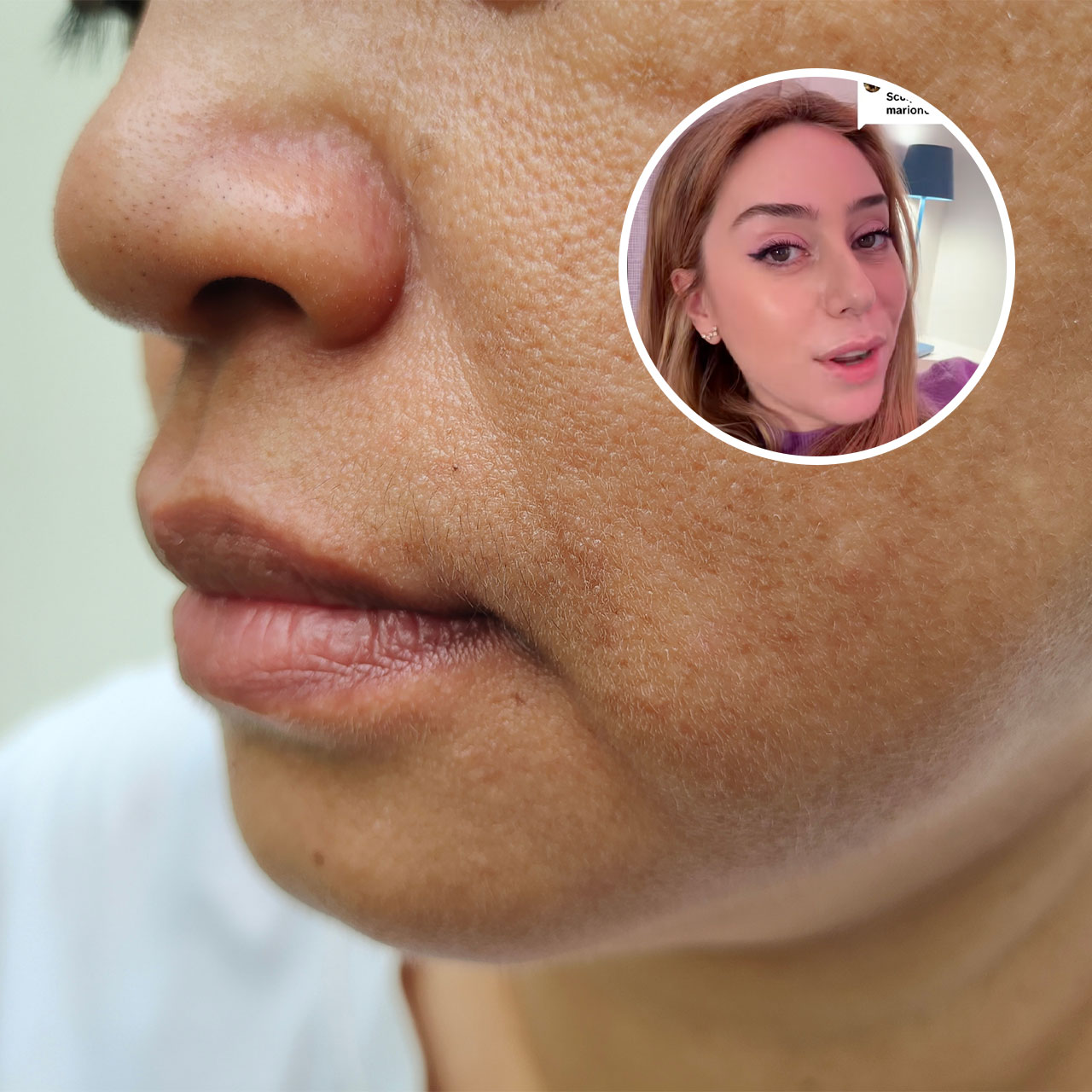Lemons are more than just a fruit that offers foods a zesty kick: they’re also a dynamo ingredient to incorporate into your skincare routine.
Consuming foods and drinks with lemons packs a Vitamin C kick, which in turn helps with collagen synthesis for brighter, more radiant skin. But their benefits extend beyond that and they can be turned into a topical skincare ingredient that exfoliates, helps even the skin tone, and can aid in minimizing fine lines and wrinkles.
Ready to hear more about the power of lemons for your skin? Dr. Anil Rajani explains why and how (believe it or not!) you should use lemons more often for beautiful skin.


Lemons Are Excellent for Exfoliation
There are two types of exfoliants for your skin, Rajani explains: physical and chemical. Physical exfoliation involves using slightly abrasive substances to strip skin of dead skin cells. This can also result in skin sensitivities and it’s important to be aware of the products you’re using for physical exfoliation so that you don’t injure your skin.
Lemons fall into the second category: chemical exfoliants. These types of exfoliants rely on specific gentle chemicals in the product that naturally remove dead skin and smoothen the complexion. Lemon contains citric and phytic acids, which clean and brighten skin while removing dead skin cells and promoting skin cell growth. Even the lemon peel can be a great skin cleanser and enhancer, according to Rajani.

Lemon Juice Skincare Benefits
Lemon juice can offer certain benefits as a topical, but you shouldn’t just “slather on” lemon and hope for the best, Rajani says — the cons could outweigh the benefits.
Some of those benefits you can experience from using lemon include:
Exfoliating the skin — lemon contains alpha hydroxy acids, which is used in many skincare products to turn over skin cells more rapidly. However, Rajani says, it can take hundreds of lemons to get the benefits you’ll find in some skincare products (not to say you won’t achieve some exfoliation results from using one lemon, but the concentrated acids used in skincare are going to be about 10 percent in the skincare).
Promotes even skin tone — thanks to its exfoliation properties, pigmented cells can be removed and your skin can look more evenly toned.
It Decreases Oil Production — lemon juice is an astringent that is often hailed as a holy grail for oily skin. If you don’t want to use lemon juice on your skin, Rajani recommends an AHA cream.
Increases Collagen Production — The body needs vitamin C to synthesize collagen. Using ingredients that are rich in vitamin C can support this.
Antioxidants — Vitamins C is an antioxidant that can help fight oxidative stress that can destroy skin cells.

Cautions About Lemon Juice
Despite the potential skin benefits, avoid overusing lemon on your face. It can make your skin more photosensitive, which means sensitive to sunlight. This can cause faster sunburn and UV light damage, which is responsible for the majority of aging skin concerns, including fine lines, wrinkles, and pigmentation. Too much lemon can also weaken the skin barrier. This can lead to dehydration and irritation. One of the goals of skincare is to strengthen that barrier, so minimize how often you use acidic products like lemon to avoid sensitivity and irritation.
When used sparingly and correctly, lemons can provide multiple skin benefits, Rajani says — but moderation is key here, and if you begin experiencing any irritation from lemon, stop using it and try an effective skincare product instead.


























